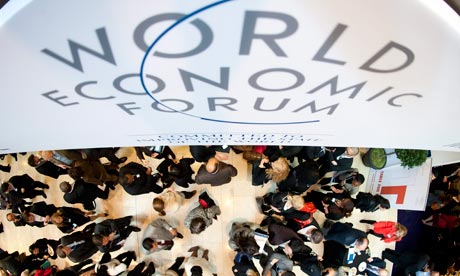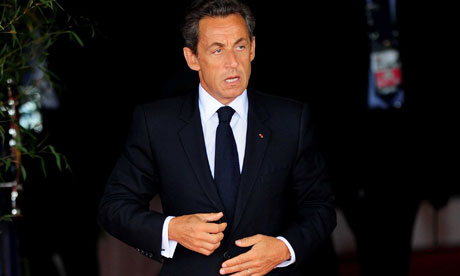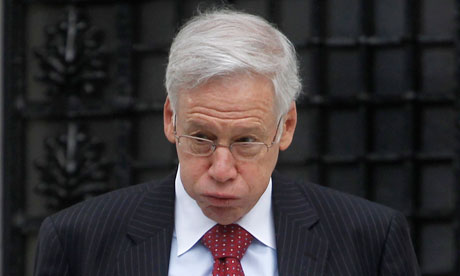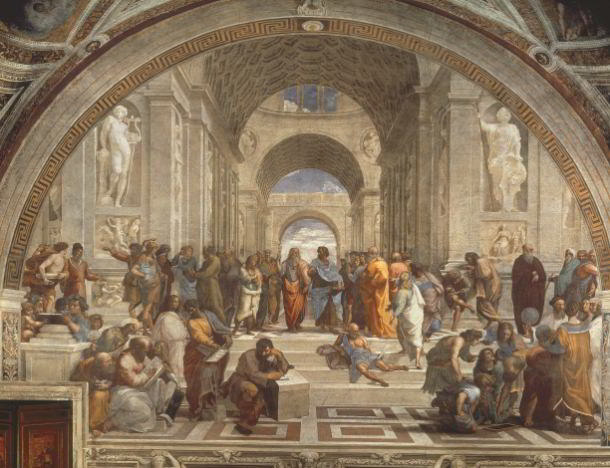Written by James Heiser
Thursday, 26 January 2012 14:34
The Dutch Muslim Party, an Islamist political party in the Netherlands, has announced its intention to compete for seats in the nation’s parliament. Given the success of the party in several smaller political campaigns — securing offices in Amsterdam, Rotterdam and other Dutch cities — it is possible that a party, which targets the approximately 6 percent of the nation’s population that identifies itself as Muslim, may find it has sufficient support to gain influence in the Dutch parliament.
An article by Michael Noer for Forbes.com highlights the Islamist agenda of the Dutch Muslim Party, and details the intended legislative agenda if any members of the party are elected to the parliament:
1. Criminalization of blasphemy
2. Free speech within limitations: speech that can be seen as insulting or offensive on religious grounds will be prosecuted.
3. Damage or destruction of holy texts for any religion to be criminalized by law.
4. Members of the party can also be non-Muslims.
5. Women and men are to be seen as equal under the law.
6. The party is to be based on the Islamic principle of Shura
7. All troops must be withdrawn from Iraq and Afghanistan
8. Turkey must immediately be made a member of the EU
9. Support to Israel must be stopped
10. Zero-tolerance for all drugs, including marijuana (currently tolerated under Dutch law)
11. No bans shall be set against the current practice of importing poorly-educated women as brides for Dutch Muslim menCertainly aspects of the party’s agenda — including a withdrawal of troops from Iraq and Afghanistan, reform of Dutch drug laws, and an end to support of Israel — might easily draw support from Dutch politicians who have little interest in supporting an Islamist agenda; the broader appeal of certain aspects of the party’s agenda is reflected in the declaration that “Members of the party can also be non-Muslims” and the party’s commitment to the “principle of Shura” — which may be interpreted as declaring the party will take the views of the governed into account while making its decisions. However, since the consultations implied in the “principle of Shura” are usually confined to those who adhere to Islam, it is difficult to interpret such a commitment as it would usually be understood in a representative form of Western government.
Last year, the Netherlands faced a series of controversies centering on the interplay between Islam and Dutch society. The trial of Geert Wilders — the leader of the Party for Freedom, the third largest political party in the Netherlands — on charges of “inciting hatred and discrimination” against Muslims drew international attention for months. Wilders’ acquittal in late June 2011 drew the ire of Muslims, even as it brought a measure of relief to free speech advocates. Around the same time, the Dutch parliament passed legislation requiring the humane slaughter of livestock — a move that drew criticism from Muslims and Jews living in the Netherlands; although the law specifically allowed for an exception from the law for religious groups “if they can scientifically prove their slaughter methods are less painful to animals than preliminary stunning,” the Dutch government faced accusations of antisemitism, based on possible bans on kosher butchering practices. However, as noted for The New American last June, the act affected vastly more Muslims than Jews:
Given the fact that a population of 30,000 Jews makes up less than one fifth of one percent of the population of a country of over 16.5 million people, it seems implausible to view antisemitism as the motivation for adopting the legislation. A far more believable argument can be advanced that the new legislation gained support because of its perceived impact on the Muslim community.
According to a 2008 briefing paper by The Institute for Multicultural Development FORUM in the Netherlands, despite the fact that only 6,000 native-born Dutch are Muslims, adherents of Islam now constitute 5.8% of the population of the Netherlands. …
The FORUM report notes that current research places the number of Muslims living in the Netherlands at 837,000 in 2006. Given a Muslim population which is at least 28 times larger than the Jewish community, it seems far more likely that any member of the Dutch parliament who was thinking of the potential for restricting the activities of a given religious group within the country was probably far more mindful of Muslim practices.The agenda enunciated by the Dutch Muslim Party clearly articulate an Islamic response to such developments in Dutch society. The party’s commitment to several tenets clearly opposed to the understanding of free speech now known throughout the Western world delineate the organization’s Islamist agenda. “Criminalization of blasphemy” would certainly be a tool in the hands of those who would silence the likes of Geert Wilders; at the same time, however, several key beliefs proclaimed of any one of the three major religions under discussion in the Netherlands — Islam, Judaism, and Christianity — would be interpreted as blasphemy by the other two. For example, both Muslims and Jews would consider the declaration that Jesus is the Son of God to be “blasphemy”; certainly the Muslim claim that Jesus was only a prophet, and one of less significance than Mohammed, would be recognized by Christians as blasphemous. Certainly any expression of atheism would be interpreted by the Dutch Muslim Party as criminal blasphemy — a point made clear in Article 2.2 of the party’s “vision” statement.
The ability of the Dutch Muslim Party to implement its agenda — even if its adherents gain one or more seats in parliament — is, arguably, minimal at best. Nevertheless, the party’s anti-free speech agenda clearly brings the program of multiculturalism full circle: the ideological commitment to a doctrine of inclusion of all opinion has now given rise to the expression of a fundamental rejection of the very tolerance which afforded such opinions a public forum in the first place.
Photo: Mevlana Mosque in Rotterdam, Netherlands















